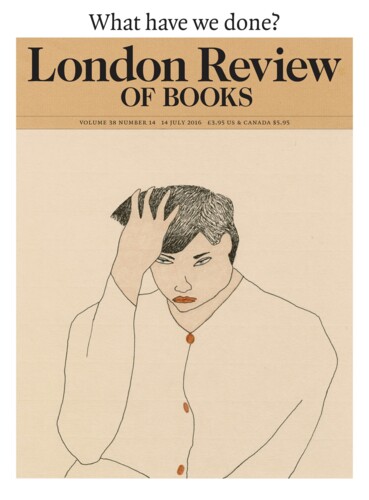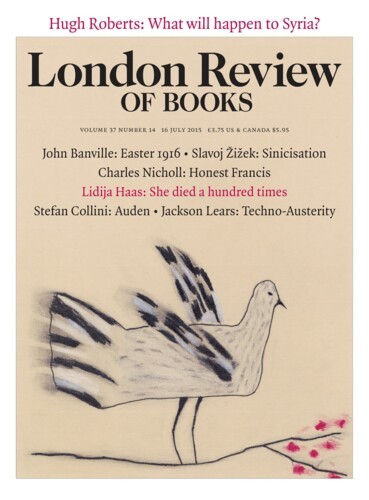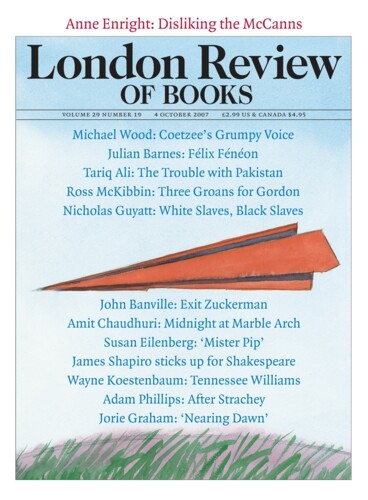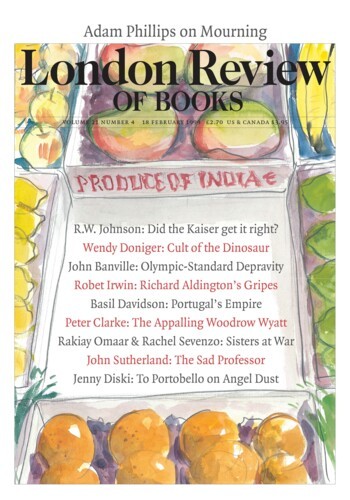What do clocks have to do with it? Einstein and Bergson
John Banville, 14 July 2016
Fama is a fickle goddess. In the early decades of the 20th century the French philosopher Henri Bergson was a worldwide celebrity, ranked as a thinker alongside Plato, Socrates, Descartes and Kant. William James thought Bergson’s work had wrought a Copernican revolution in philosophy. Lord Balfour read him with great care and attention; Teddy Roosevelt went so far as to write an...





